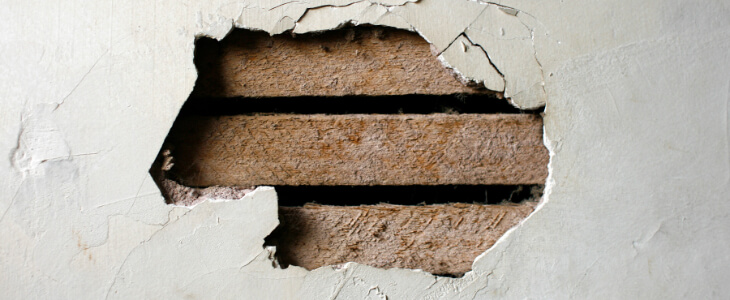California law gives certain rights to renters, including the right to a basic standard of housing. Housing or rental units that fall below the standard set by law are sometimes referred to as “slum” housing.
Slum housing is not only illegal, but it can also present a risk to your health and the health of your family. If you are living in housing that’s dirty or in poor repair and your landlord is not interested in improving your living conditions, it’s time to seek a legal remedy.
Tenants who find themselves in slum housing in California may need to seek help from a San Diego environmental trial lawyer.
What is slum housing in California?
Slum housing describes a housing unit or residential property that does not meet the bare minimum safety and health standards required by California law. Slum housing can be both unhealthy and physically dangerous for tenants, especially children, the elderly, and those with medical conditions.
Some of the basic features that houses and rental units must have include:
- A toilet, shower, and sink that work and are in a ventilated, private room
- At least one window in each room that allows for natural light
- A dedicated kitchen area that has a working sink
- A main door that locks
- Emergency exits
Infestations of pests like roaches or mice can also indicate slum housing.
What Makes for a Good Slum Housing Case?
If your landlord refuses to bring your housing unit up to the bare minimum standards required by law, you may need to file a slum housing lawsuit against your landlord to exercise your rights. Like any lawsuit, though, it is your burden to prove that your landlord is maintaining slum housing conditions.
To prove that your landlord has not kept your rental unit or leased housing up to the standard required by California law, consider the following action steps:
Photograph Deficiencies in the Property
First, document issues on the property by taking photographs of them as you notice them. Photograph infestations, defective doors and windows, and other conditions that render the property dangerous, unsafe, or uninhabitable.
For conditions such as inoperable doors or windows, or an HVAC system that does not work, consider recording video footage.
Preserve All Communications with Your Landlord
As much as possible, communicate with your landlord in writing or via email and keep copies of all communications. Preserve any responses you receive from your landlord as well, including letters and voicemails. If your landlord only communicates with you orally, keep a written log of when your landlord talks with you and what they say.
Keep Receipts of Expenses and Costs
If you have to seek medical treatment, break your lease with your landlord, or incur any other expenses because of the condition of your unit, keep receipts of your expenditures. Saving your receipts makes it much easier to prove that you spent your own money and deserve to be compensated for it.
When to Seek Legal Help with Your Slum Housing Case
If you feel that your landlord is ignoring your complaints, or deficiencies in your living space are not being corrected in a timely manner, it may be time to get legal assistance.
Thompson Injury Law is based in San Diego, CA. We’re an environmental law firm whose experienced attorneys work with clients impacted by slum housing. We want to help you hold your landlord accountable for their legal responsibilities.
Contact Thompson Injury Law today and schedule a consultation with us to discuss your case and the next steps you should take.


